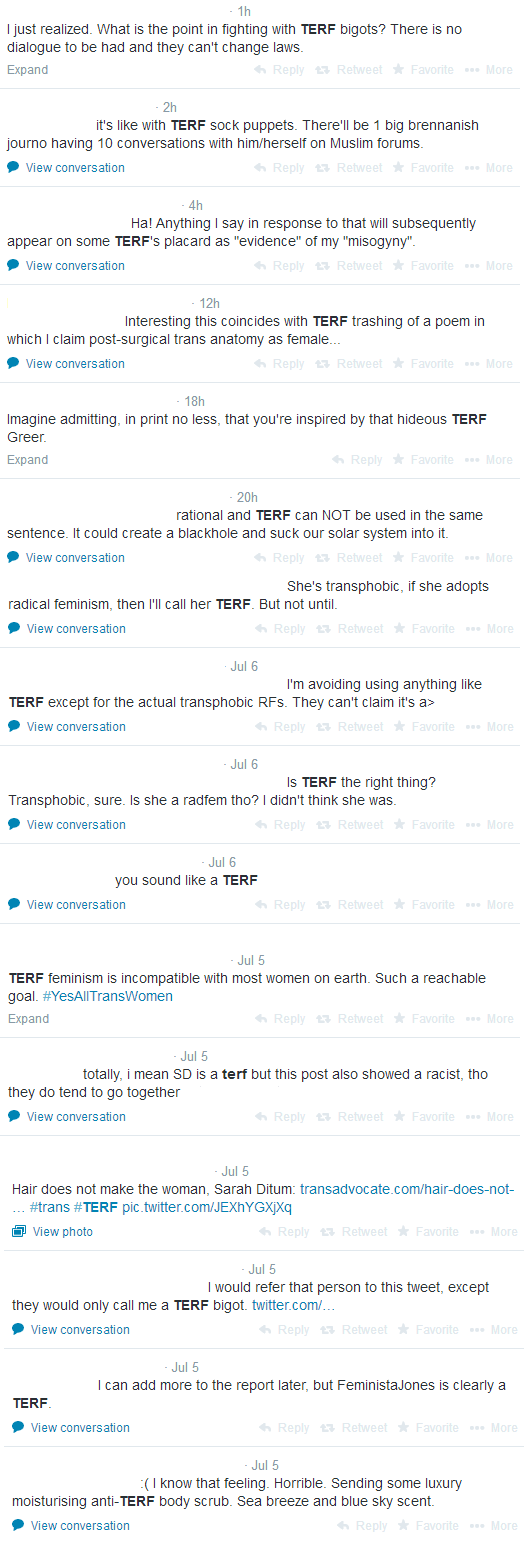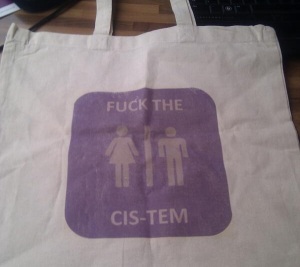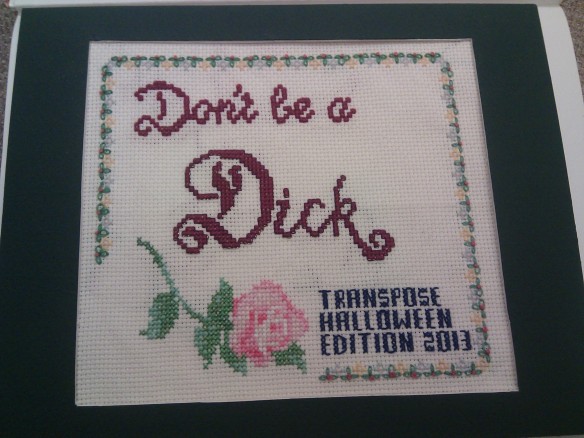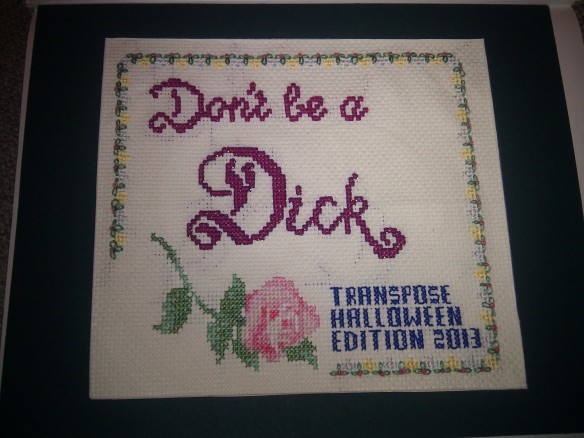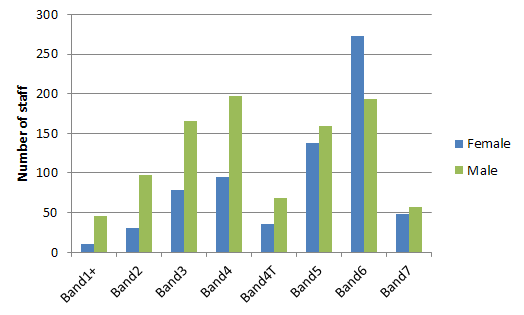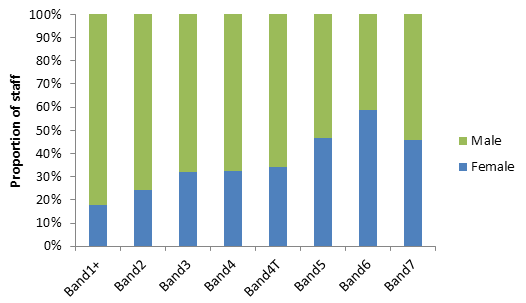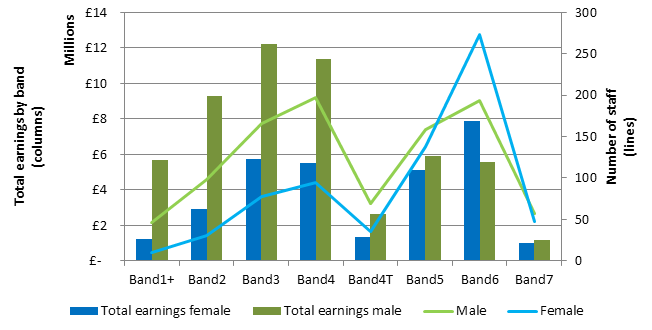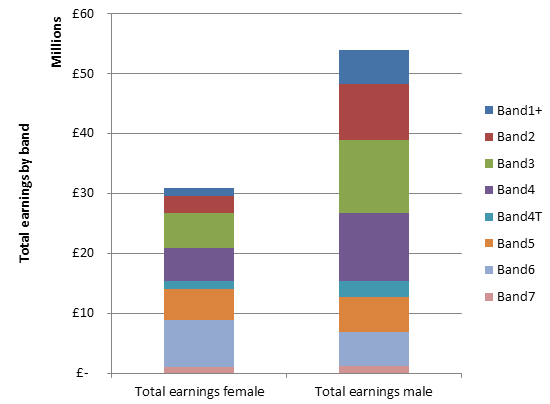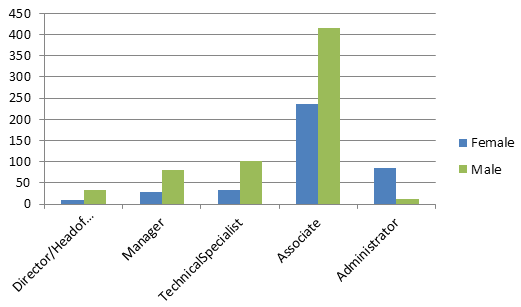(TW for transphobia, references to violence)
It’s becoming painfully obvious that the introduction that most people will have to the acronym TERF is by white media feminists decrying it as a slur.
TERF – literally ‘Trans-Exclusionary Radical Feminist’ – has been in use for some time now in social justice spaces, especially online, where acronyms come easy. It is used to acknowledge that there are many individuals who identify as radical feminists and may have been involved in the movement for a long time, but who are also fully inclusive of trans people (specifically trans women) in their feminism. It is important to make this distinction, because there are also radical feminists – with significant platforms and influence – who argue, or have argued, that (medical) transition is a form of self-harm and is akin to reparative therapy for homosexuality; that trans women should be denied access to women’s bathrooms and support services; that transition itself is buying into patriarchal notions of gender and therefore is inherently harmful.
So, the term TERF is now commonly used to identify these people, and others with sympathetic viewpoints, who have the potential to cause ACTUAL GENUINE HARM to trans people (both in attempting to remove much-needed healthcare and also in contributing to society’s already shitty attitudes to trans people that result in violence and discrimination).
It is probably not surprising then, that when the term is used, it is often in a distinctly negative context. To the extent that some people (remember – people who are actively harmed by TERFs) might even use it in anger. I went looking for examples here but honestly there aren’t any currently on twitter. This is the current search result: (I deleted IDs because some accounts are protected, but feel free to check the search now)
But of course, this is just twitter, and most of the people using the term in this image do not have mainstream media platforms. And I worry that unless you pay close attention to intersectional feminist discourse, the likelihood is that you may only come across the term when a prominent feminist, who has had the term used to describe her, claims that it is a slur. And I’ve been pondering what it would actually mean if it was.
In the interests of accuracy, I checked the dictionary definition and the most relevant would be “An insinuation or allegation about someone that is likely to insult them or damage their reputation”. So in this sense, TERF could be a slur if you were, say, in a position to give advice or draft policy relating to LGBT people (which, sadly, is the case for some TERFs, but certainly not all that consider the term a slur).
But really I think what people are getting at is the idea that it might be a slur in the way that n****r or t****y or r****d is a slur. That the word itself causes harm by being used as an insult. And I just don’t buy it. In the same way that reverse-racism and reverse-sexism do not exist, discrimination against cis people is not a thing, and therefore you cannot cause harm by insulting someone for being cis. Specifically, trans people can call cis people whatever they like and it will never be harmful in the way that t****y is harmful to trans people.
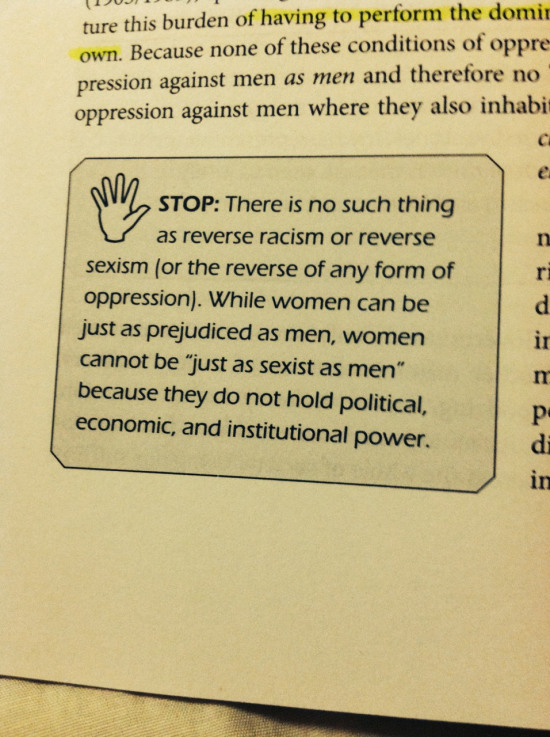
Extract from p.46 of Is Everyone Really Equal? An Introduction to Key Concepts in Social Justice Education (Ozlem Sensoy and Robin DiAngelo) that reads: “STOP: There is no such thing as reverse racism or reverse sexism (or the reverse of any form of oppression). While women can be just as prejudiced as men, women cannot be “just as sexist as men” because they do not hold political, economic and institutional power. “
And I thought about similar terms that are used in vaguely insulting ways against people in positions of power, like cracker for white people, or any number of penis-based insults for men. I couldn’t actually think of one for cis people, I don’t think any exist, but I perhaps I only hang out with nice people. And then I landed on one that has been used in LGBT circles before, particularly when it wasn’t possible for homosexual people to access adoption or reproductive services; when heterosexual people were disparagingly referred to as “breeders”. I personally haven’t heard it used this millennium, but it’s probably floating around out there among some small groups. And I think it satisfies the criteria of being 1) literally true (in that straight people are the ones who breed the most); 2) often used in a generally negative light by people who are oppressed along a certain axis; and 3) completely fucking irrelevant when it comes to discussing harm.
So while I fundamentally disagree that TERF is a slur, since it is used to accurately describe people who hold negative and harmful views about trans people, I also would argue that even if it was, it simply doesn’t matter. Because the term TERF has never and will never be levelled at someone while they are having their head kicked in, or their housing revoked, or their healthcare denied.
ETA: it was pointed out to me that, of course, “breeder” has also been used against bisexuals, and the biphobia of the wider LGBT movement is very harmful indeed. I intentionally left us bi folk out of this one for brevity. Alas no analogy is perfect.

